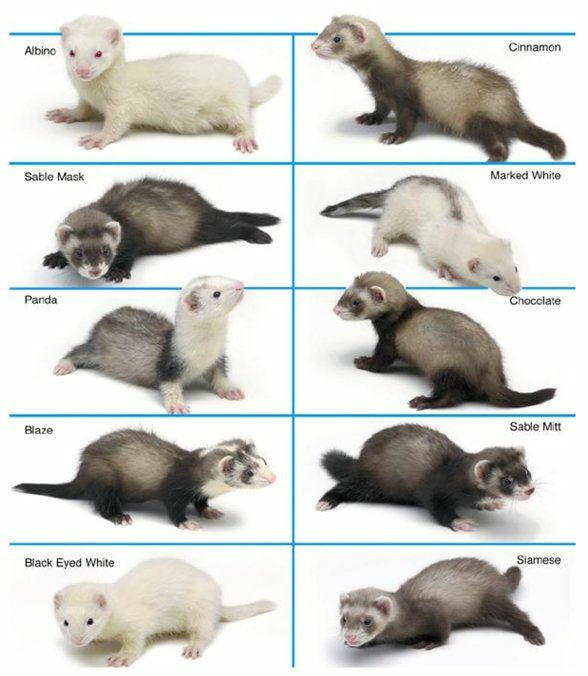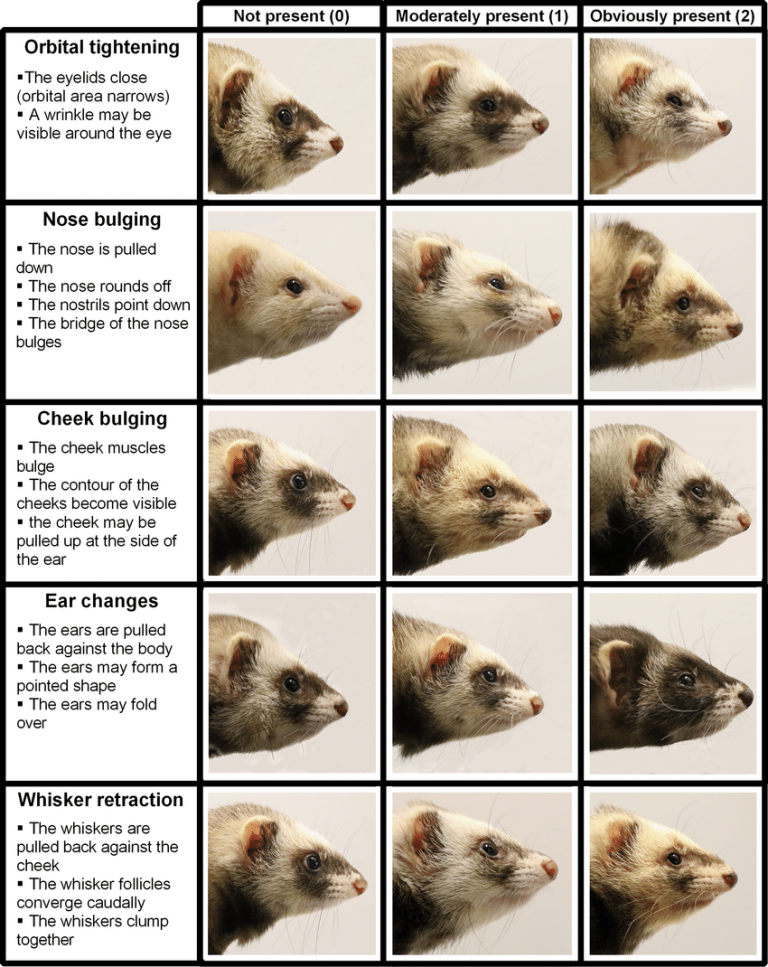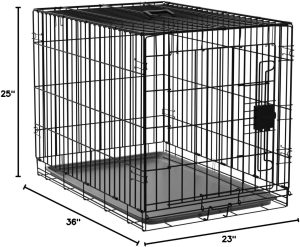Ferrets make wonderful, playful pets, but taking care of a ferret requires more than just basic attention. Whether you’re considering adopting a baby ferret, a black-footed ferret, or an albino ferret, proper care is essential for their health and happiness. In this article, we’ll explore the various types of ferrets, how to take care of a ferret, their lifespan, diet, housing, and common health concerns.
Different Types of Ferrets
There are various types of ferrets, each with distinct characteristics, colors, and needs. Understanding the differences will help you choose the right ferret for your lifestyle.
Black-Footed Ferret
The black-footed ferret is native to North America and is one of the most endangered species of ferrets. Although rare, this type of ferret can be cared for in captivity in certain conservation efforts.
Albino Ferret
Albino ferrets are recognized by their white fur and red eyes. Despite their striking appearance, they are generally similar in temperament to other ferrets. They do require special care to protect their eyes from bright lights, as their red eyes are more sensitive.
Angora Ferret
Angora ferrets are known for their long, soft fur. They require regular grooming to prevent their coats from matting. These ferrets are a bit higher-maintenance but are great for those who enjoy spending time pampering their pets.
Baby Ferret
Baby ferrets, or kits, are incredibly energetic and curious. It’s important to be patient with them as they learn about their new environment. Proper socialization from a young age is crucial for ensuring a friendly, playful adult ferret.


How to Take Care of a Ferret
Taking care of a ferret involves a few key responsibilities that you need to maintain throughout their lives.
Ferret Diet and Nutrition
Ferrets are obligate carnivores, meaning they must consume animal-based protein to thrive. A proper diet should include:
- High-quality ferret food or kitten food with high protein content
- Occasional treats like small pieces of cooked chicken or turkey
- Fresh water at all times
Tip: Never feed your ferret sugary foods like cream ferret cookie toppings as they can cause health problems.
Ferret Housing
Ferrets need a spacious cage where they can move freely. The cage should be large enough to accommodate their need for exercise. Ferrets are naturally curious, so providing plenty of toys and tunnels is essential.
- Size: A cage that is at least 24”x24”x36”
- Bedding: Use soft, comfortable bedding and avoid materials that can be ingested.
- Playtime: Ferrets require plenty of out-of-cage playtime for exercise and stimulation.


Ferret Socialization
Ferrets are social creatures and thrive on interaction. Spend time with your ferret each day to bond with them and prevent loneliness. They enjoy playing, exploring, and even cuddling when they feel safe and comfortable.
Ferret Health and Lifespan
A ferret’s lifespan is typically 6 to 10 years, but proper care can help them live a long, healthy life. Regular vet visits are necessary to monitor their health.
Common Health Issues
Ferrets are prone to certain health issues, including:
- Adrenal disease: A common issue in older ferrets, especially if they are not spayed or neutered.
- Insulinoma: A tumor in the pancreas that causes low blood sugar.
- Respiratory issues: Ferrets can develop respiratory problems, particularly if they’re exposed to cigarette smoke or dust.
Ferret Vet Care
Routine checkups and vaccinations are important. Your vet can help monitor for signs of illness and provide treatments if needed.
How Much Does a Ferret Cost?
Ferret prices vary depending on the breed and location. On average:
- Ferrets for sale cost anywhere from $100 to $300.
- Adoption fees may be lower, especially if you’re adopting from a shelter or rescue organization.
Keep in mind that in addition to the upfront cost, you’ll need to budget for food, toys, bedding, and vet visits.
Ferret Adoption Near Me
If you’re looking to adopt a ferret, there are plenty of shelters and organizations that specialize in ferret adoption. Check local listings for ferret adoption near me to find available ferrets in need of a home.
Caring for a ferret requires time, effort, and attention to detail. By providing a healthy diet, safe living environment, and plenty of socialization, you can ensure that your ferret remains happy and healthy for many years. Whether you choose a black-footed ferret, albino ferret, or angora ferret, they all make wonderful pets when given the care they deserve
